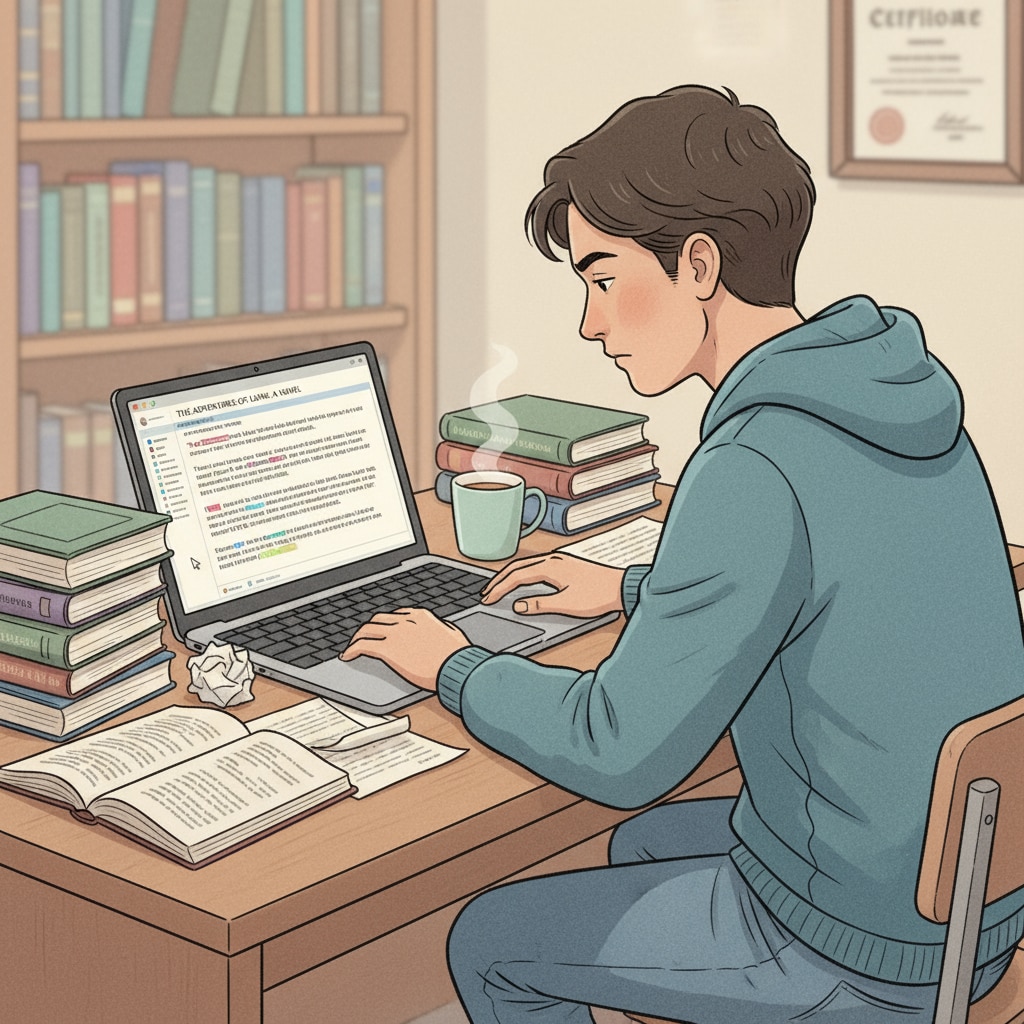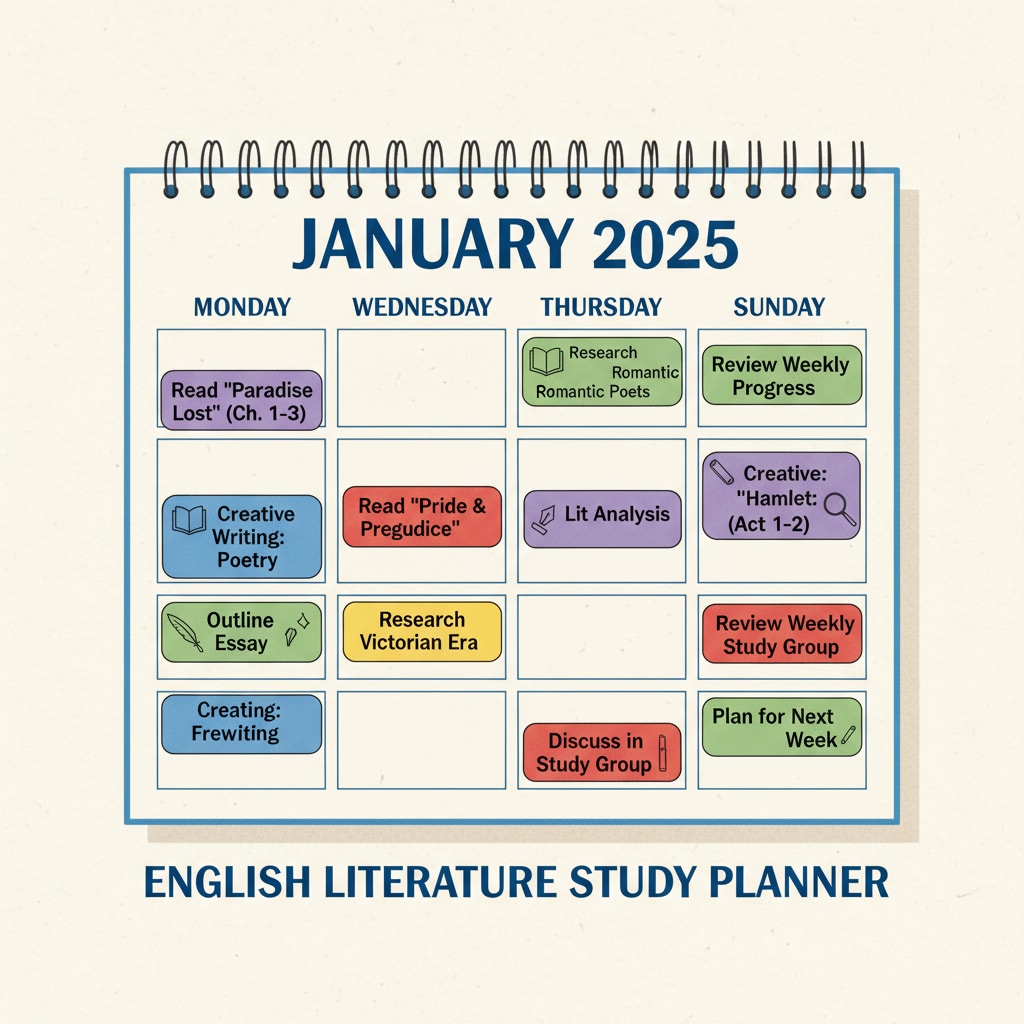Embarking on a master’s degree in English literature and creative writing is an exciting journey, but it often comes with significant workload pressure. This article aims to provide practical strategies to help you navigate through this challenging yet rewarding academic pursuit.

Understanding the Workload Pressure
The workload in an English literature and creative writing master’s program can be intense. You’ll be expected to read extensive literary works, analyze complex texts, and produce high-quality creative pieces. For example, you may have to read multiple novels, poems, and critical essays each week, in addition to working on your own creative writing assignments. This heavy load can quickly lead to stress and burnout. Understanding the nature of this workload is the first step in effectively managing it.
Time Management Strategies
One of the most crucial aspects of dealing with workload pressure is effective time management. Create a detailed schedule that allocates specific time slots for reading, writing, and research. For instance, set aside a few hours each day for reading literary texts and another block of time for working on your creative writing. Use tools like calendars or task management apps to stay organized. By having a structured plan, you can ensure that you cover all your academic tasks without feeling overwhelmed.

Enhancing Learning Methods
Adopting efficient learning methods can significantly reduce the stress associated with the program. When reading literary works, take detailed notes and highlight key points. This will help you better understand the texts and make it easier to write essays and analyses later. Additionally, participate actively in class discussions. Engaging with your peers and professors can provide new perspectives and deepen your understanding of the subject matter. For creative writing, practice regularly and seek feedback from your instructors and fellow students.
Mindset Adjustment
Maintaining a positive mindset is essential for coping with the pressures of the master’s program. Remember that it’s okay to make mistakes and that every challenge is an opportunity for growth. Don’t be too hard on yourself if you face setbacks. Instead, use them as learning experiences. Surround yourself with a supportive network of friends, family, and classmates who can offer encouragement and motivation. A positive attitude can make a big difference in how you approach your studies and manage stress.
In conclusion, pursuing a master’s degree in English literature and creative writing comes with its fair share of workload pressure. However, by implementing effective time management strategies, enhancing your learning methods, and maintaining a positive mindset, you can successfully balance your academic responsibilities with your creative endeavors. English literature and creative writing are fields full of opportunities for growth and self-expression, and with the right approach, you can thrive in your master’s program.
Readability guidance: The article uses short paragraphs and lists to summarize key points. Each H2 section provides practical tips. The passive语态 is used minimally, and transition words like “for example,” “additionally,” and “in conclusion” are used to enhance readability.


